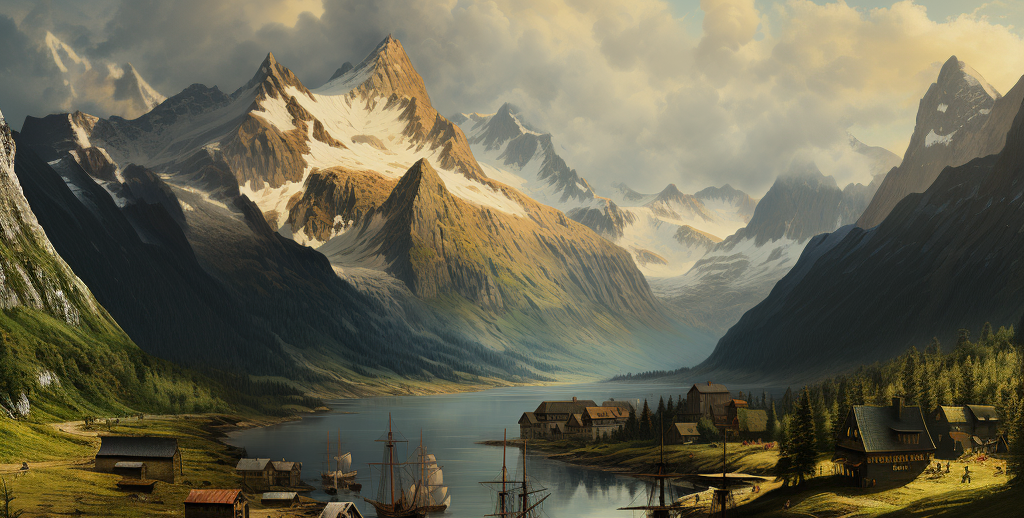In the year 1867, a significant event took place that would forever shape the course of American history. It was the acquisition of Alaska, a vast territory that was then under Russian control. This purchase, often referred to as the Alaska Purchase, has been the subject of much debate and speculation over the years. Some called it Seward’s Folly, while others saw it as a bold move in American expansion.
The Alaska Purchase was the result of negotiations between the United States and Russia. At the time, Russia was facing financial difficulties and was willing to sell Alaska to the highest bidder. Secretary of State William H. Seward saw this as an opportunity to expand American territory and influence.
The purchase of Alaska was met with mixed reactions. Many Americans were skeptical of the deal, questioning the value of a seemingly barren and remote land. Critics dubbed it Seward’s Folly, mocking the decision to spend $7.2 million on what they believed was a worthless piece of territory.
However, history has proven the critics wrong. The acquisition of Alaska turned out to be a wise investment for the United States. The territory was rich in natural resources, including gold, oil, and fish. It also provided a strategic location for military purposes.
Over the years, Alaska has played a crucial role in American history. During World War II, it served as a vital base for the defense of the West Coast. Today, Alaska is known for its stunning landscapes, diverse wildlife, and thriving tourism industry.
The Alaska Purchase was not only significant for the United States but also for the indigenous people who have called the region home for thousands of years. The purchase marked the beginning of a new era for Alaska Natives, as they navigated the challenges and opportunities that came with American governance.
Despite its initial skepticism, the American public has come to appreciate the value of Alaska. The state’s natural beauty, wildlife, and unique culture have made it a popular destination for tourists from around the world.

